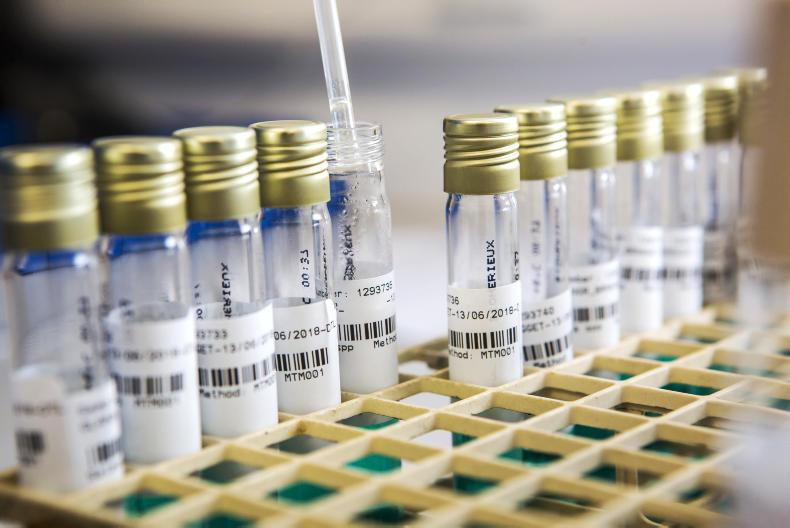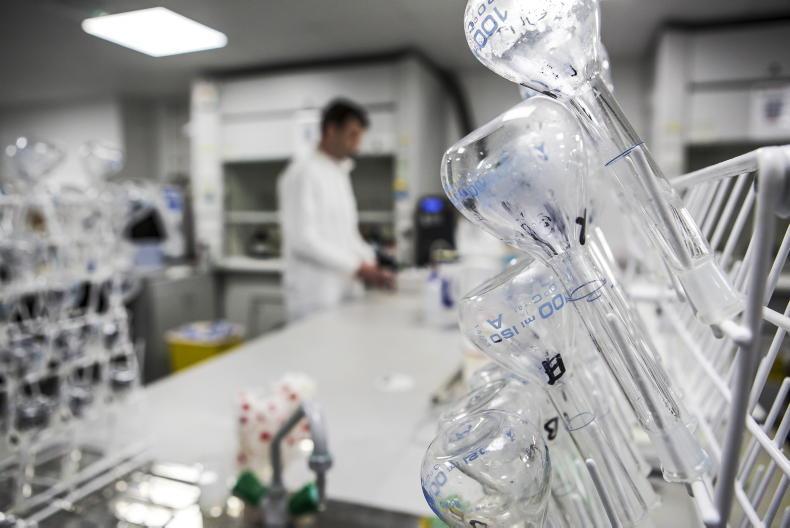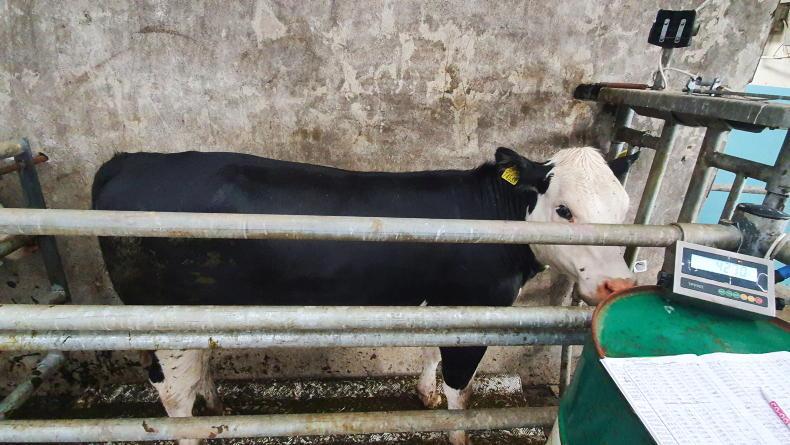Following confirmation that there are at least six confirmed clusters of coronavirus among meat factory workers, there have been growing calls for a testing regime to be implemented.
Fianna Fáil agricultural spokesperson Charlie McConalogue called on the Minister for Health Simon Harris and the Minister for Agriculture to co-ordinate a testing regime for workers.
“The Government need to act on this immediately before the rate of transmission in meat processing plants increases,” McConalogue said.
15,000 employees
“There are approximately 15,000 employees in the meat packing industry in Ireland. They are vital to ensuring the food supply chain is stable here at home and in Europe. The safety of employees in plants is integral to this process. We need a robust testing regime implemented for their safety right away.”
With 90% of all dairy and beef exported, McConalogue said a problem in any step of the process would ultimately hit the farmer and the local economy.
“Meat processors themselves have been proactive in protecting their employees, but they need support in these unprecedented times. As testing continues to grow in the State, a part of this testing must be dedicated to those in meat and dairy processing plants affected by clusters or suspected clusters,” concluded McConalogue.
Concerns
His views were echoed by IFA president Tim Cullinan who said the presence of clusters in a number of meat plants was concerning.
“Given the importance of the food chain, there would be merit in making workers in the sector a priority for testing, after health care workers,” Cullinan said.
While there was concern about clusters in some plants, the vast majority of plants had few or no cases, he added.
“Processors are going to great lengths to ensure the safety of their workers. It’s important that the processing sector continues to function. The food chain needs to stay moving and provide fresh produce to consumers.
“We need to avoid a build-up of animals on farms, which could result in animal welfare challenges,” he said.
Farmers also needed income during difficult times, Cullinan said, and that it was important that farmers could still sell their animals and have a source of income.









SHARING OPTIONS